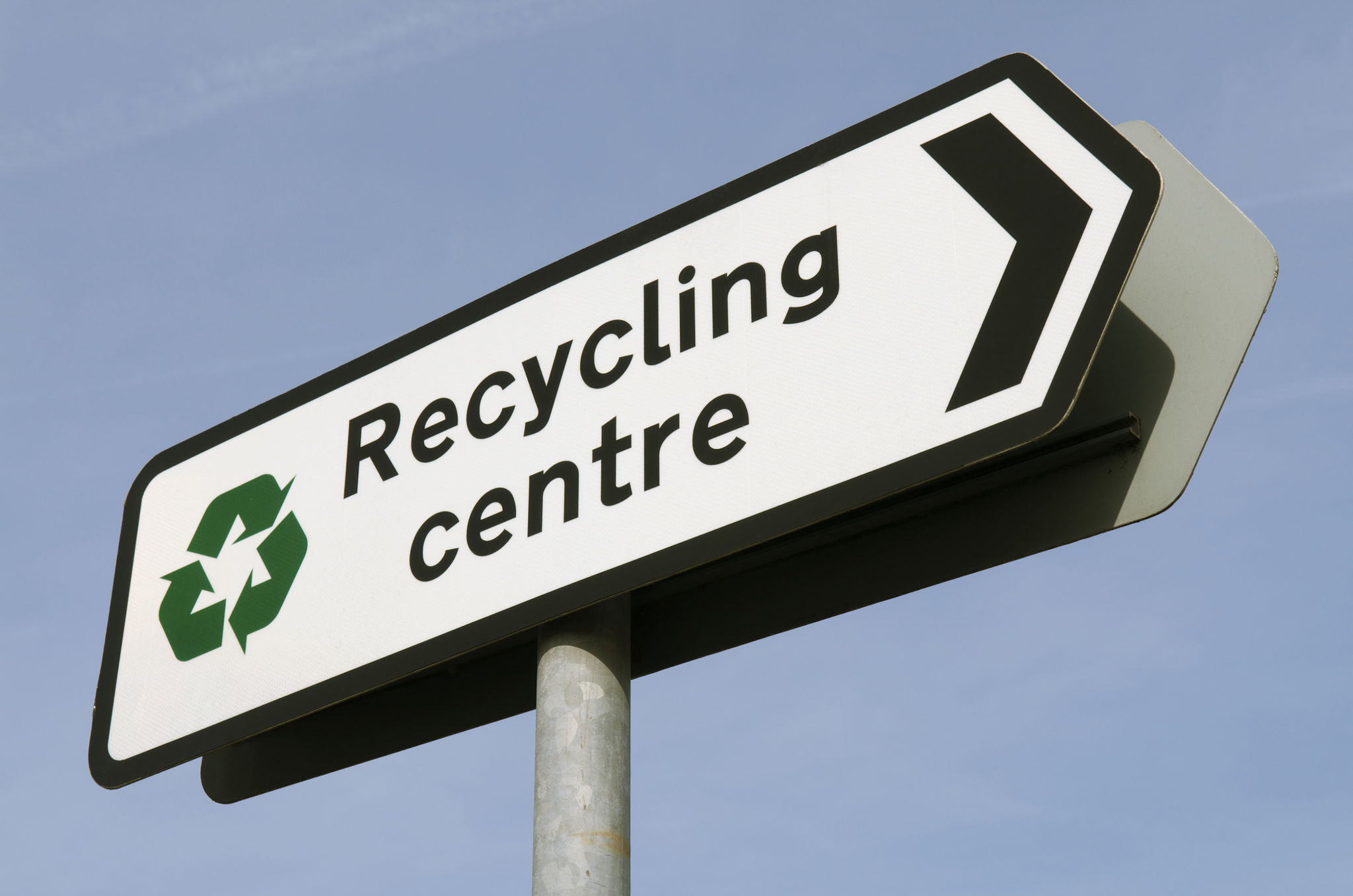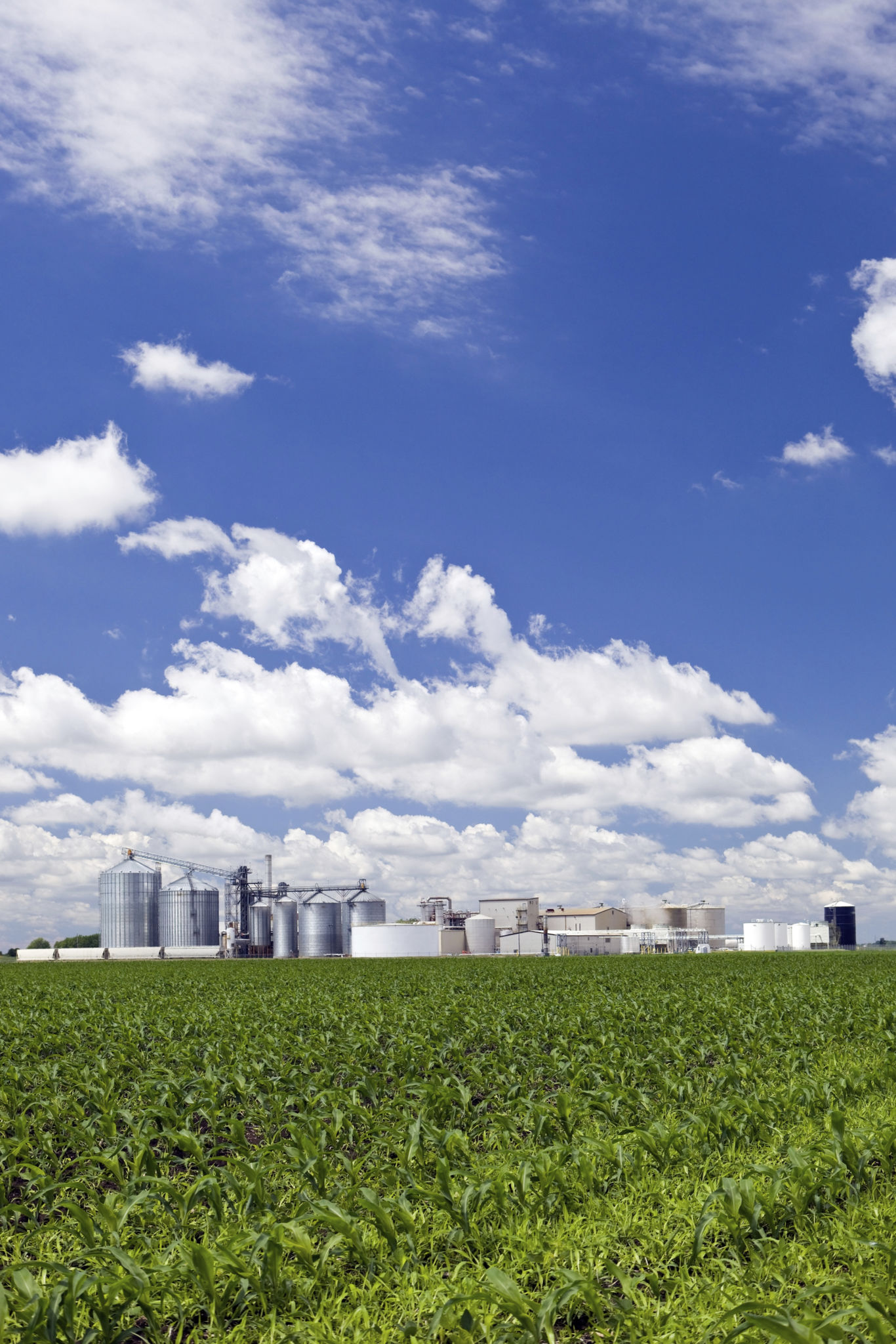The Complete Guide to Recycling Used Cooking Oil in Buckinghamshire
Why Recycle Used Cooking Oil?
Recycling used cooking oil is an essential practice for both environmental conservation and economic efficiency. When disposed of improperly, used cooking oil can cause significant damage, including clogged sewage systems and pollution of water bodies. By recycling, you contribute to a greener environment and also support the production of renewable energy sources such as biodiesel.

How to Collect Used Cooking Oil
Proper collection of used cooking oil is the first step in the recycling process. Start by letting the oil cool down after cooking. Once it’s at room temperature, strain out any food particles using a fine mesh sieve or cheesecloth. Store the filtered oil in a clean, dry container with a secure lid, preferably a reusable glass or plastic bottle.
It’s important to label the container and keep it in a cool, dark place until you're ready to recycle it. Avoid mixing different types of oils, as this can complicate the recycling process.
Where to Recycle in Buckinghamshire
Buckinghamshire offers several convenient locations for recycling used cooking oil. Local recycling centers and drop-off points are available to residents throughout the county. These centers often work in partnership with waste management companies to ensure proper recycling procedures are followed.

Check with your nearest recycling facility for specific guidelines on how to deliver your used cooking oil. Some facilities might even offer curbside collection services for larger quantities.
Benefits of Recycling Used Cooking Oil
Recycling used cooking oil offers numerous benefits. It reduces waste in landfills, minimizes the risk of sewer blockages, and supports the production of clean energy. Biodiesel, a renewable energy source created from recycled cooking oil, emits fewer pollutants compared to petroleum diesel.
Moreover, participating in local recycling initiatives can potentially save money on waste disposal fees and create job opportunities within the recycling industry.

Step-by-Step Recycling Process
- Collection: Gather used oil in a suitable container.
- Transport: Take the collected oil to a designated recycling point.
- Processing: The oil is filtered and purified before being converted into biodiesel or other products.
- Distribution: The end products are distributed for various uses, including fuel for vehicles.
Participate in Community Initiatives
Getting involved in community initiatives is a great way to promote recycling practices. Many local organizations host workshops and events to raise awareness about the importance of recycling used cooking oil. Participating in these events can not only educate you further but also inspire others in your community to adopt sustainable practices.
Consider volunteering or collaborating with local schools and businesses to expand these recycling efforts and make a more significant impact on your environment.
Conclusion
Recycling used cooking oil in Buckinghamshire is not just an individual effort but a community-driven initiative that benefits everyone involved. By understanding the process and participating actively, you can play a crucial role in protecting our natural resources and promoting sustainable energy solutions.